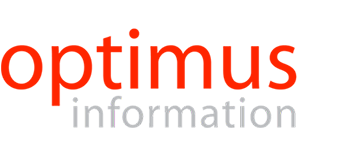Payment Driver Development Case Study
The Client
The client is a market leading, POS solutions provider specializing in hospitality management systems, offering solutions and services to restaurants, bars, hotels, and entertainment and sporting facilities across North America. They partner with payment processing companies to support an array of payment options, including credit card, debit card, cash payment processing, gift card and loyalty card processing.
The Need
In 2015, US payment processing standards made a shift towards EMV, a global standard for credit and debit payment cards based on chip card technology to be used at POS terminals. EMV was being rolled out all major financial institutes across the United States, and the client needed to upgrade their system to be able to support and process this new standard of payment on all of their terminals.
Key Challenges
- The integration specifications provided by the payment service providers did not include adequate details needed to finalize the sequence of command flow in order to achieve a successful integration.
- Ensuring compliance with a new standard and acquiring necessary certification.
The Optimus Solution
The Optimus team engaged directly with the payment service providers to get the clarifications needed to finalize the use cases. This information is very often hard to come by, but by leveraging our vast domain experience, the Optimus team experimented with expected scenarios and baselined the required parameters to be used and the order of commands to be executed, based on assumptions and feedback. Optimus then began to work on the analysis and mapping of the POS terminal APIs as well as its functions and attributes.
Eventually, all assumptions were validated by carrying out the QA with actual payment terminal devices in Optimus’ and in the client’s test environment. Optimus created an in-house testing lab equipped with the client’s actual POS terminals and hardware. This allowed Optimus to test the system in its entirety and ensure proper testing was conducted. The functionality was developed as per the use cases, and the team performed QA certification and validation in the testing lab using test cards and accounts provided by the client.
As part of the UAT, Optimus deployed the stable builds in the client environment and carried out the knowledge transfer of the implemented workflow.
This approach accelerated the delivery schedule and enabled us to help our client meet their business challenges in a shorter timeframe.
